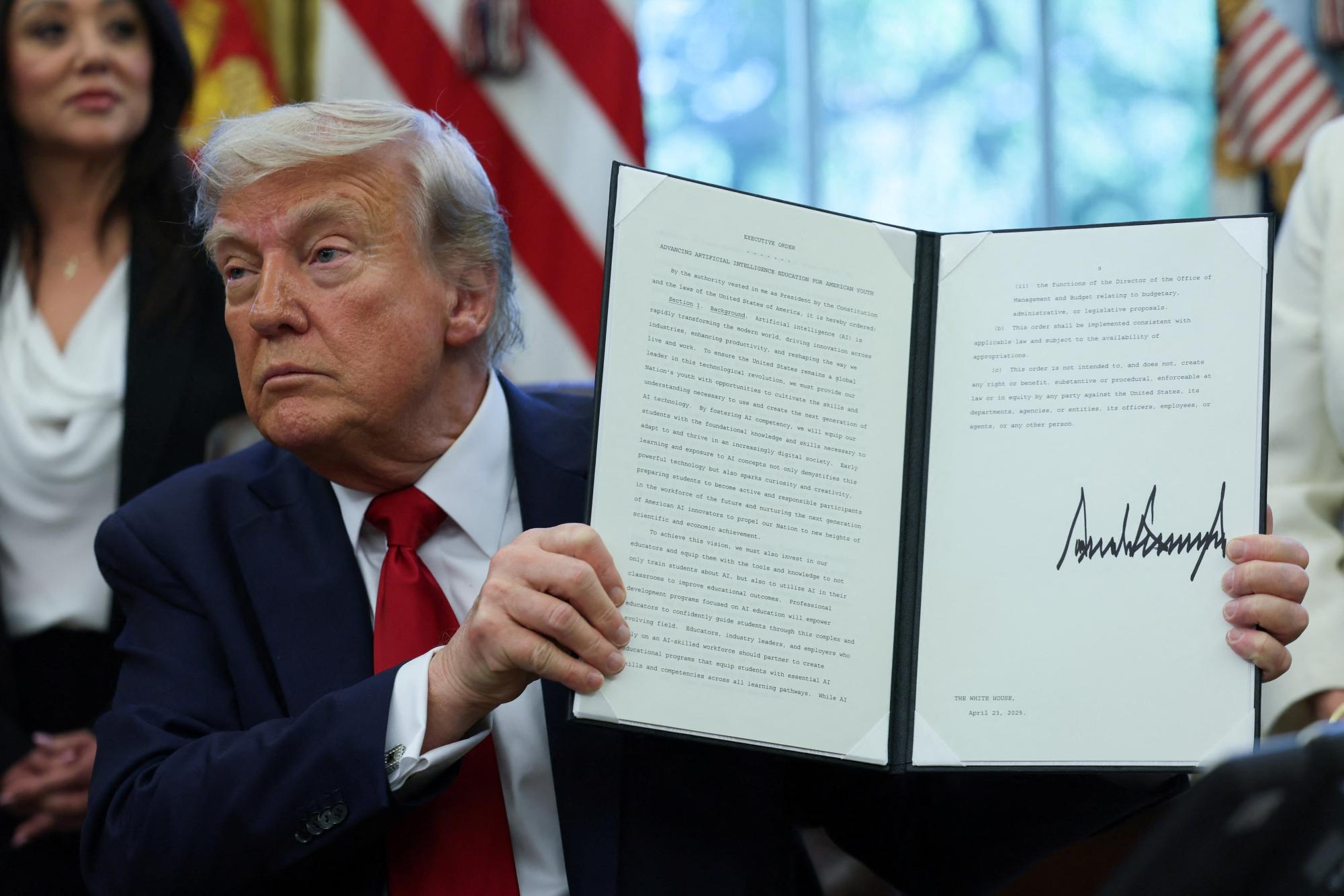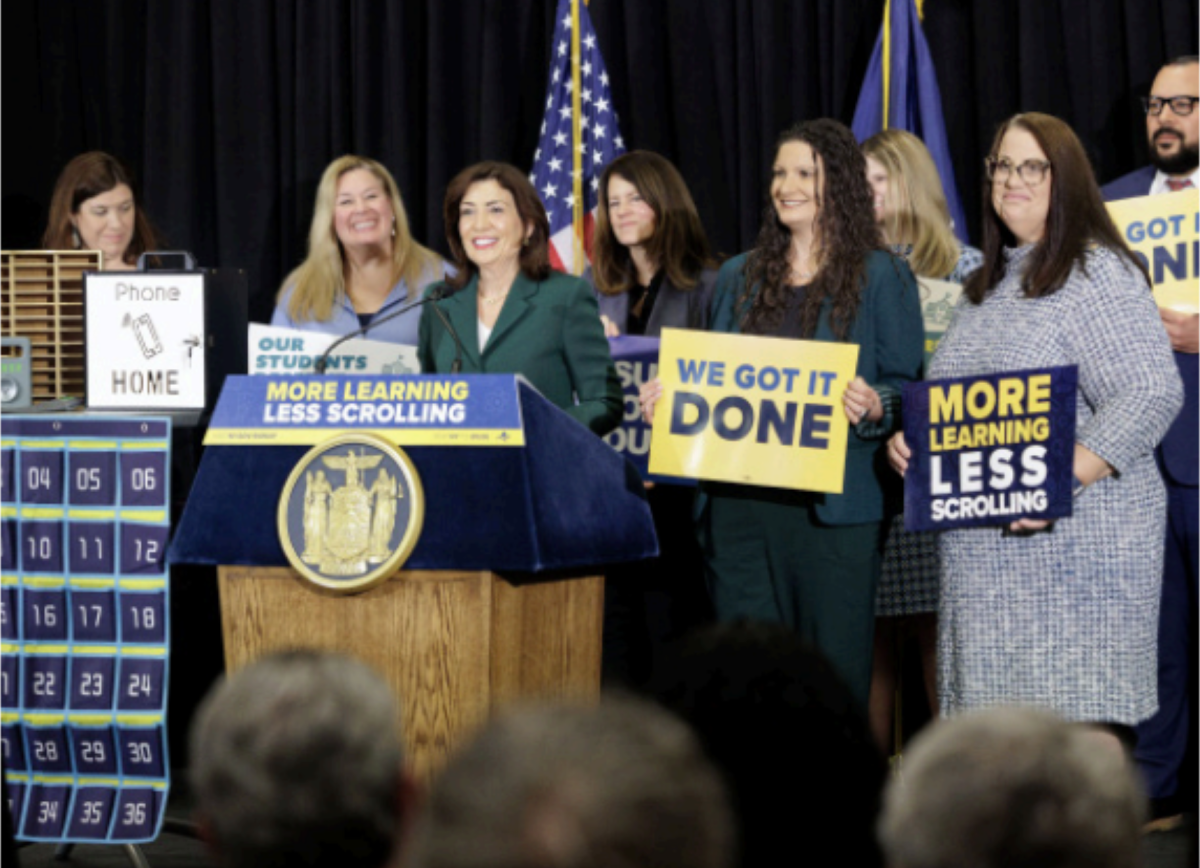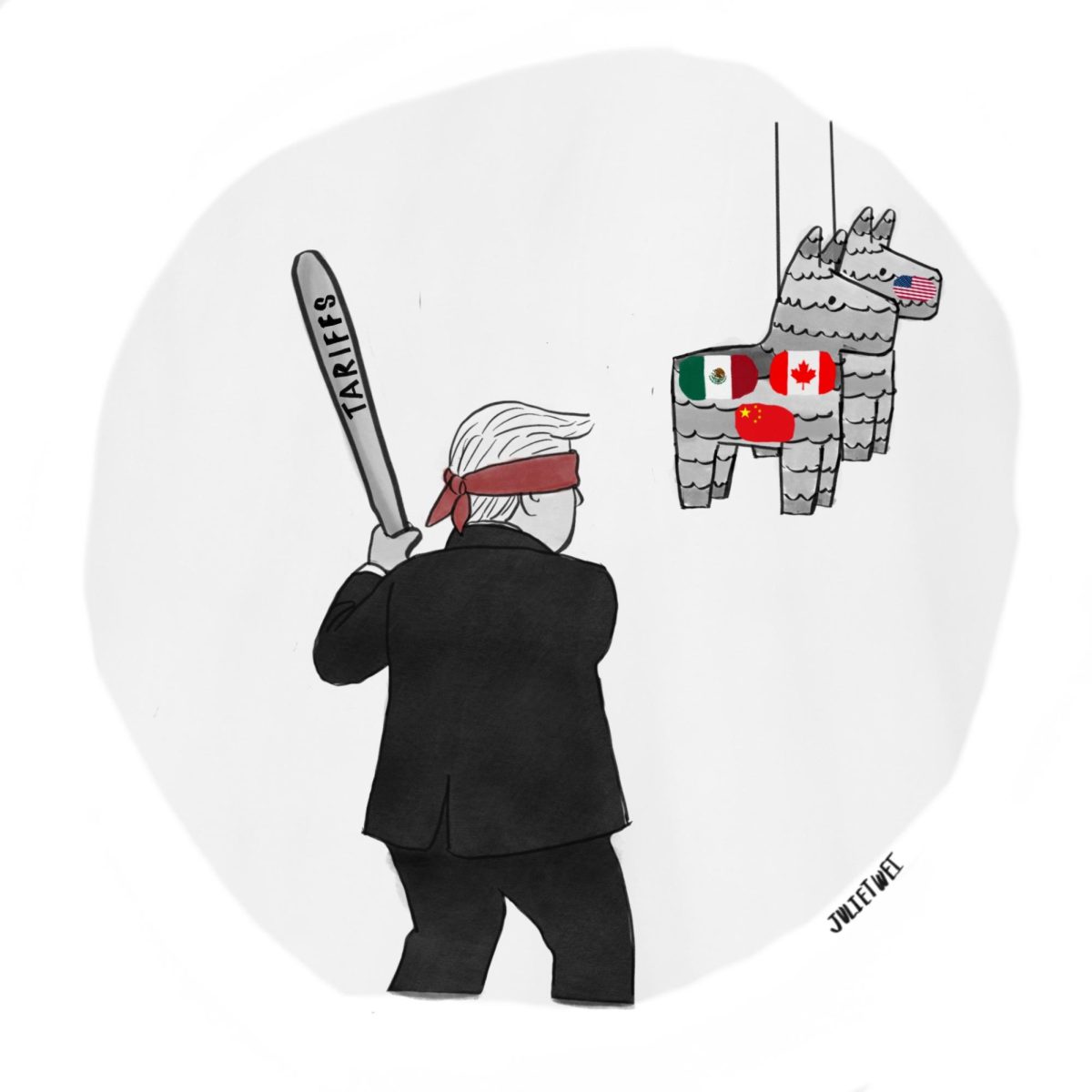On March 7, 2025, President Donald Trump announced the suspension of federal funding to several prestigious universities, marking the first major instance of the administration targeting academic institutions through financial penalties. The move froze billions of dollars in funding, beginning with Columbia University and quickly expanding to other elite schools such as Princeton University, Northwestern University, The University of Pennsylvania, Harvard College, Brown University, and Cornell University. The Trump administration says that the cuts were to force universities to protect their Jewish students from on-going protests surrounding the Israel-Palestine conflict, which he claims are anti-semetic. On top of this, the Trump administration has been ending DEI programs throughout the nation, demanding more control over the systems within private education.
According to the administration, the suspensions specifically target federal funds used to support academic research and financial aid. The scale of the cuts is substantial: Harvard alone faces a freeze on over $2.3 billion, Cornell more than $1 billion, and Northwestern approximately $800 million.
While seemingly distant, these withdrawals affect Mamaroneck High School students in many ways—especially graduating seniors that are getting ready to leave for college. With reduced inflow of funds, colleges won’t be able to give out financial aid to the extent they have been, resulting in higher out-of-pocket costs for students. Additionally, research programs funded by federal grants may shrink or disappear, limiting internships, lab experience, and mentorships for undergraduates.
This uncertainty will definitely make some students feel even more tense when applying to universities as there is a possibility of increased tuition if these cuts continue to worsen. Beyond this, there is also a chance that some courses you may be looking forward to at certain colleges may be cancelled due to the shortage of federal funding.
With more universities under review, students are learning more about what’s going on leading to a growing awareness and engagement around the role of free speech and academic independence. This is on full display in our very own school, “when I first learned about these cuts, I was concerned but didn’t know much about them, so I think it’s very important to raise awareness about them,” says MHS sophomore Ilan Arouna. Many educators, students, and citizens are actively participating in discussions and actions that could help shape a more transparent, constitutional, and balanced approach moving forward.
Considering the sensitivity of the situation and the great range of people affected, the topic needs to be approached with great diligence and discernment in order to preserve the American education system as we know it.








